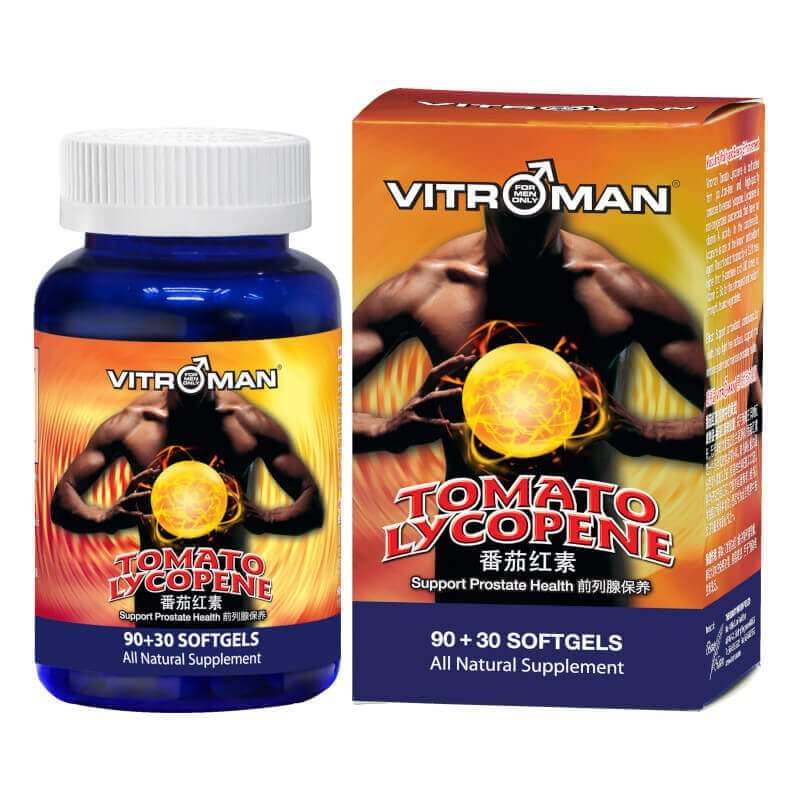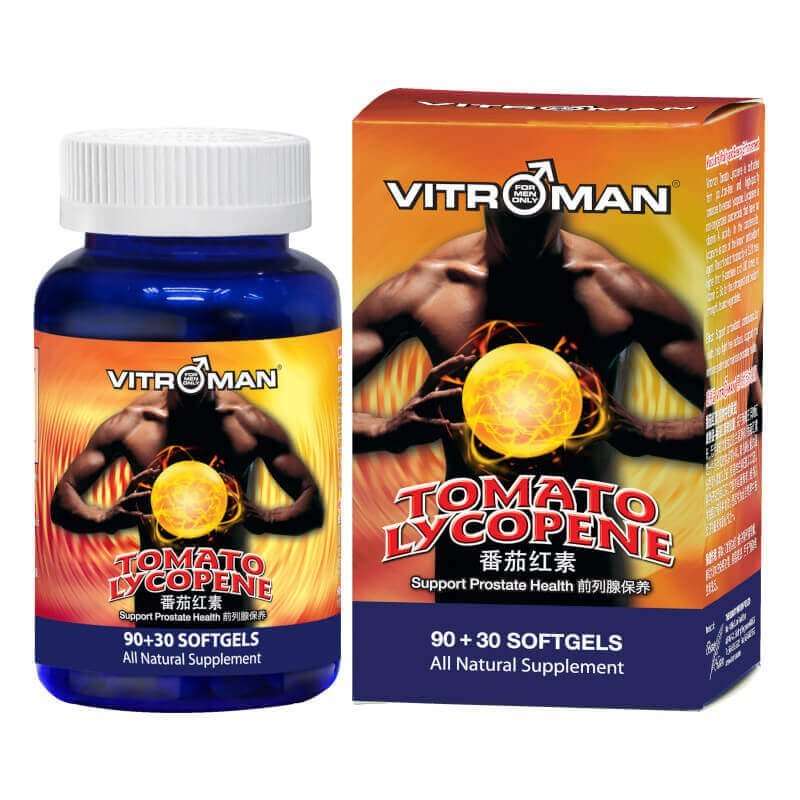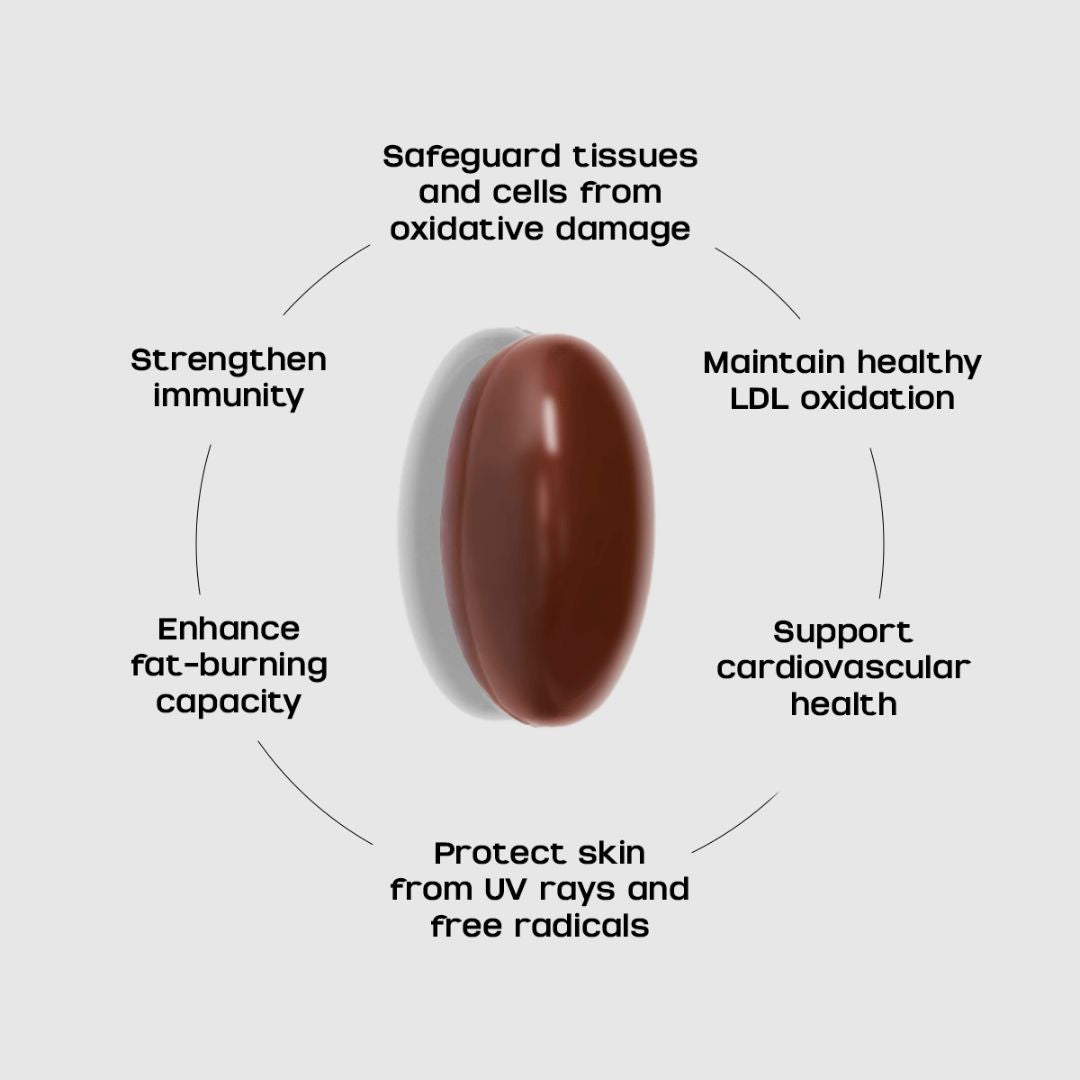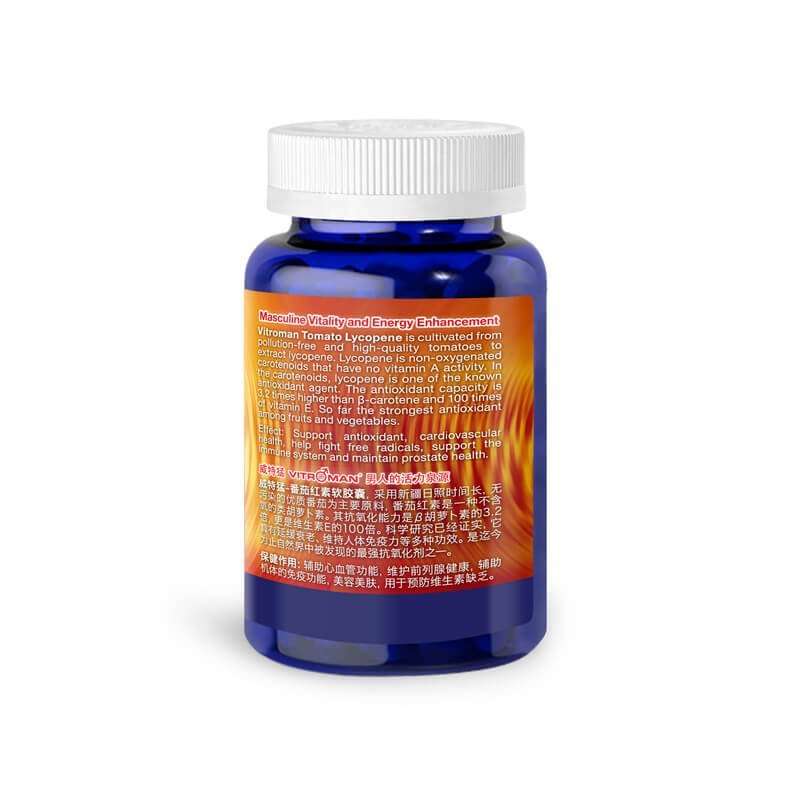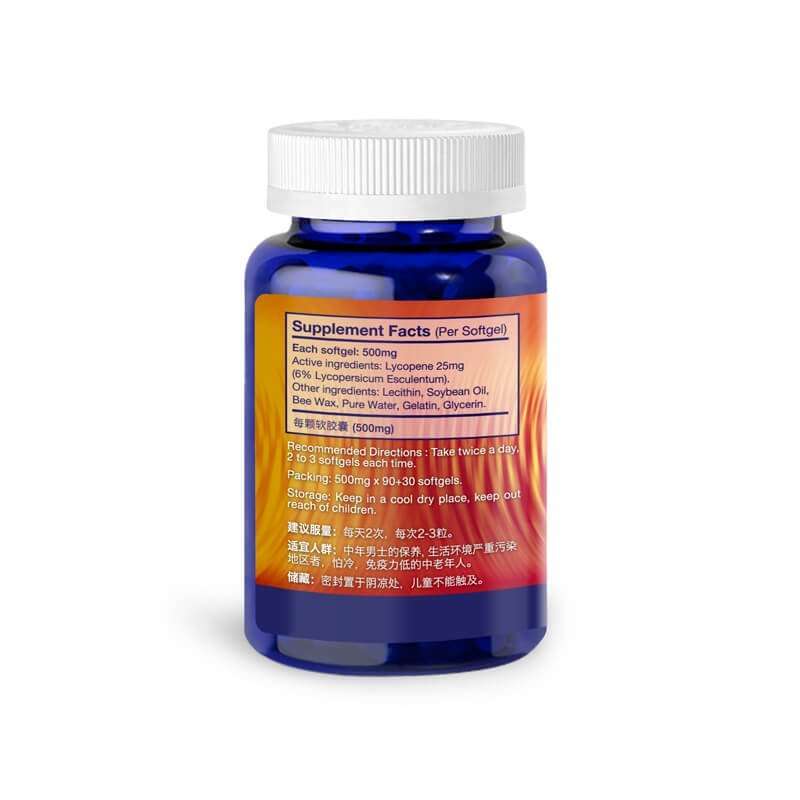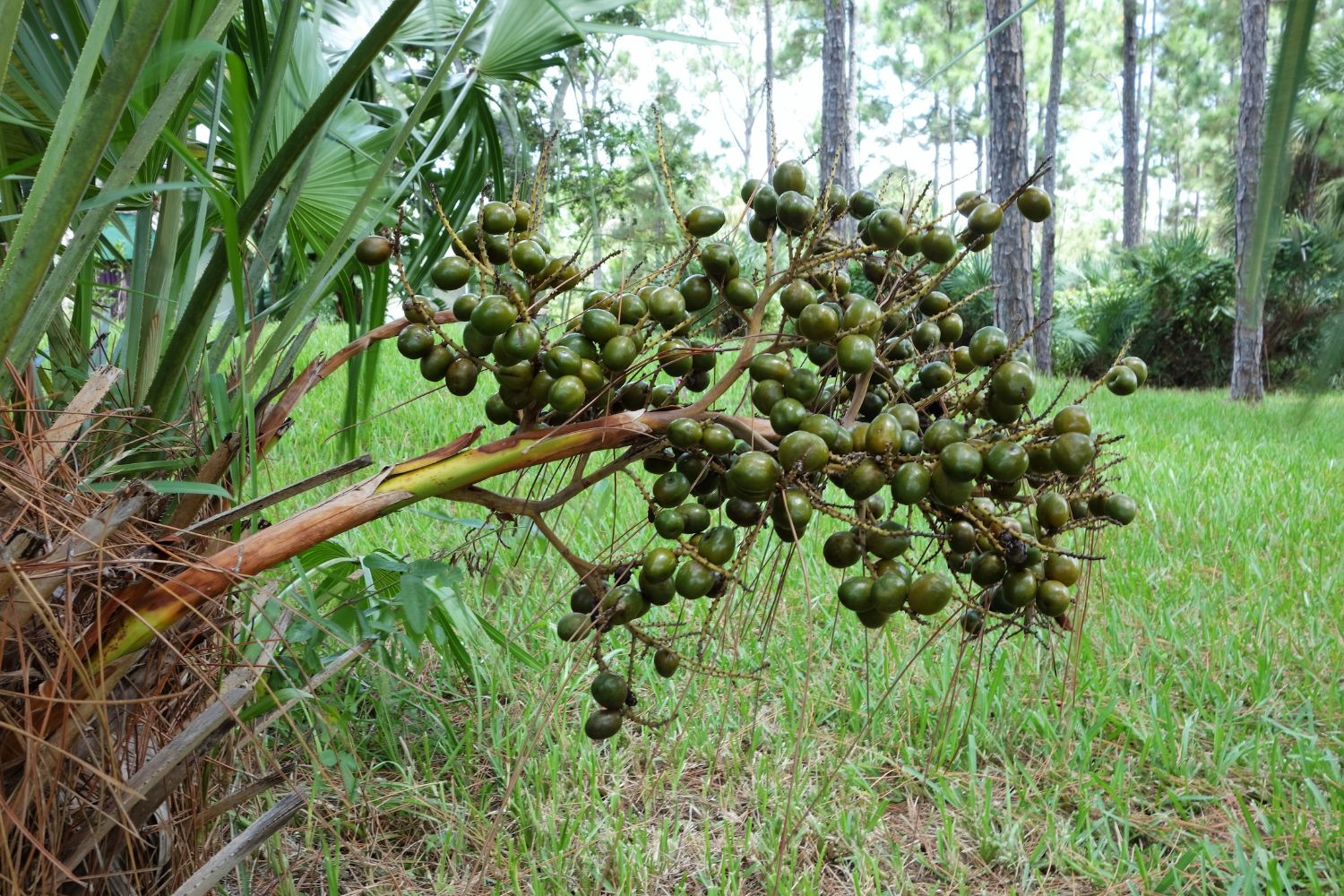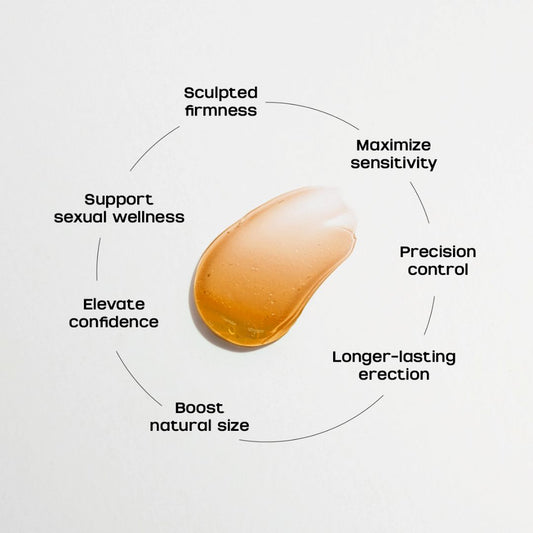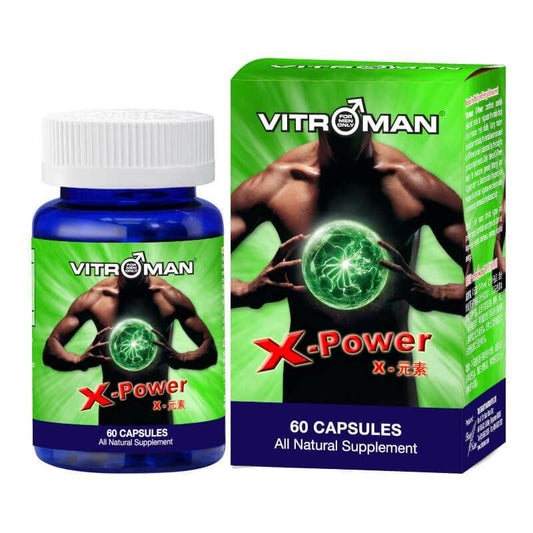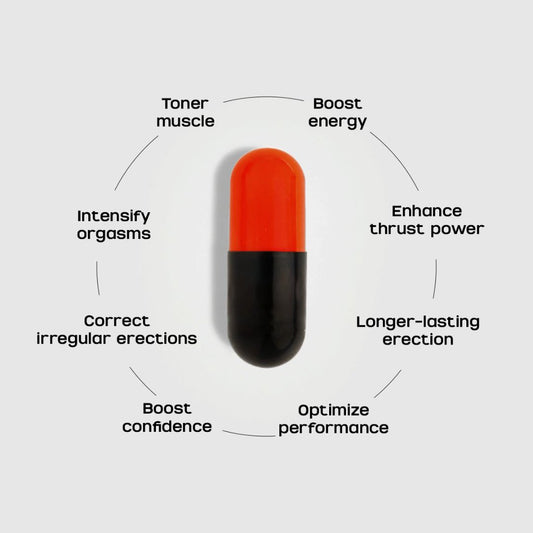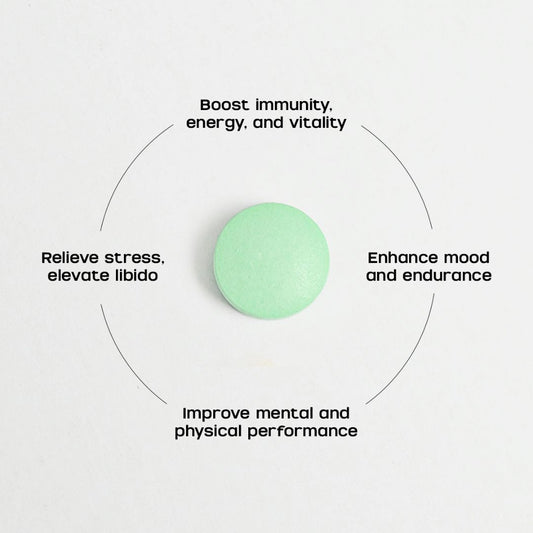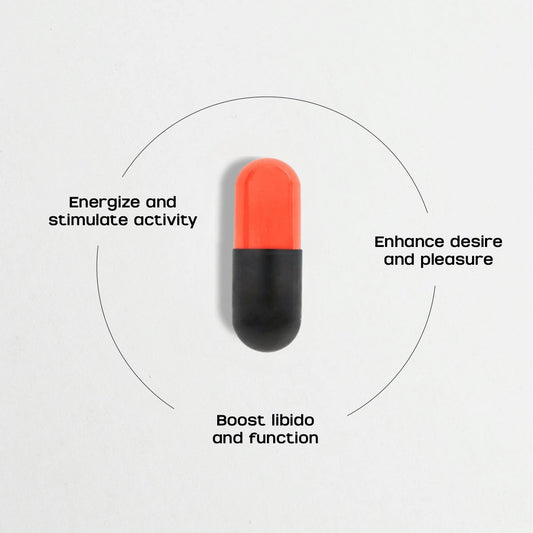Don’t Fear Premature Ejaculation, Fear Prostate Cancer and Not Knowing It!
Share
Prostate cancer is a malignant tumor that originates from the prostate gland. While most prostate cancers grow slowly, some can be more aggressive. In its early stages, prostate cancer may have no symptoms, but as it progresses, it can cause issues such as difficulty urinating, blood in the urine, back pain, pelvic pain, and more. An enlarged prostate can also cause similar symptoms.
Risk Factors:
- Age: Prostate cancer is rare before the age of 45 and becomes more common with age. Over 99% of cases are diagnosed in men over 50, with the average diagnosis age around 70.
- Family History: Having a father, brother, or other close relatives with prostate cancer increases the risk by two to three times.
- Ethnicity: Certain ethnic groups are at higher risk.
Prostate cancer often goes unnoticed in its early stages and is usually detected during routine checkups through elevated PSA (Prostate-Specific Antigen) levels. However, it may also cause symptoms that resemble benign prostatic hyperplasia (BPH), such as frequent urination, nocturia (nighttime urination), difficulty urinating, weak urine flow, blood in the urine, painful urination, and sexual dysfunction like erectile problems or painful ejaculation.
The Cause of Prostate Cancer:
The cause of prostate cancer remains unknown, but risk factors such as age, genetics, ethnicity, diet, and lifestyle habits all play a role. Although it’s more common in older men, many people live their whole lives without ever knowing they have prostate cancer.
The Role of Lycopene in Prostate Health:
Recent research has found a correlation between the amount of lycopene in prostate tissue and prostate health. Lycopene, a compound found in tomatoes, decreases with age in middle-aged men and is closely linked to prostate diseases. Studies have shown that lycopene helps "unclog" the prostate and prevent disease.
Benefits of Lycopene:
- Reduces the risk of cardiovascular diseases, prostate cancer, diabetes, osteoporosis, and male infertility
- Lowers the risk of esophageal, rectal, and oral cancers
- Has powerful antioxidant effects—3.2 times stronger than beta-carotene and 100 times more potent than vitamin E
For those with prostate inflammation or enlargement, supplementing with lycopene-rich foods can speed up recovery. Men at higher risk of prostate issues can also benefit from adding lycopene to their diet to prevent disease.
Vitroman Tomato Lycopene – A Premium Solution:
Vitroman Tomato Lycopene is made from high-quality, uncontaminated tomatoes. It’s packed with potent antioxidants and scientifically proven to delay aging, boost immunity, and improve prostate health. Beyond prostate health, lycopene also helps with preventing arteriosclerosis, lowering cholesterol, preventing osteoporosis, protecting skin, enhancing immune function, and even improving male fertility.
Why Lycopene Works:
Lycopene is concentrated in the prostate and testes, making it especially beneficial for men’s health. By regularly consuming tomato products or taking supplements like Vitroman Tomato Lycopene, you can support prostate function, improve sperm quality, and reduce the risk of infertility.
Take Charge of Your Prostate Health:
If you're looking to reduce the risk of prostate cancer and improve prostate health, consider incorporating more tomato products into your diet. For a high-quality lycopene supplement, check out Vitroman Tomato Lycopene Soft gels. Made from premium tomatoes, this supplement is packed with anti-cancer compounds and can help protect and support your prostate health. Don’t wait—start caring for your prostate today with Vitroman Tomato Lycopene Soft gels!

